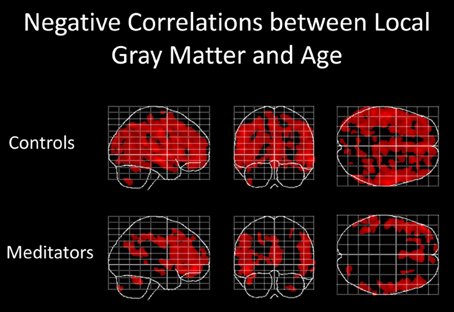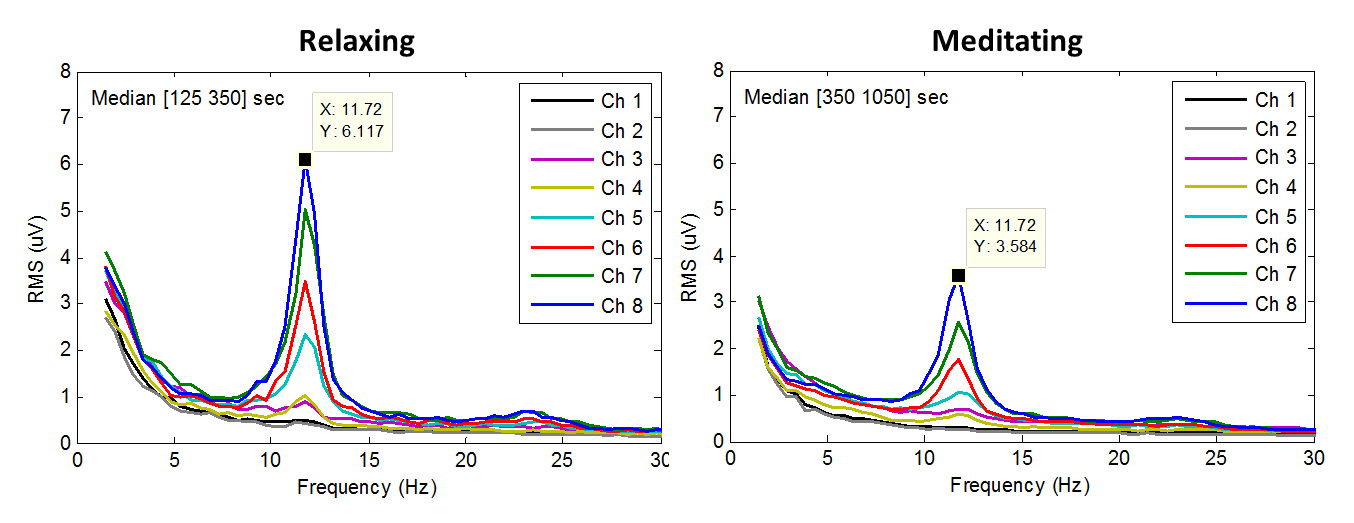See This Report on The Power of Meditation » the nerve blog - Boston University


How Meditation Change Brain-10 Positive Effect Of Meditation
Meditation effect in changing functional - SAGE Journals Fundamentals Explained

Looking carefully at them, I did find that a fair number are methodologically flawed (more on that below). But there were numerous others that appeared noise. Taken together, the literature on meditation recommended that the practice can help us get much better at connecting to one another. It faced me with proof that a couple of weeks of meditation can enhance me as an individual.

Meditations to Change Your Brain: Rewire Your Neural Pathways to Transform Your Life: Hanson Ph.D., Rick, Mendius MD, Richard: 0600835135726: Amazon.com: Books
If it takes such a small quantity of time and effort to get better at managing my emotions, taking notice of other individuals, seeing things from their viewpoint, and acting altruistically, then well am I not morally obliged to do it? The science behind mindfulness meditation and how we focus on others The word "meditation" really refers to various practices.
Here's how Jon Kabat-Zinn, a scientist who assisted promote mindfulness in the West, specifies it: "Mindfulness is awareness that occurs through paying attention, on purpose, in today moment, non-judgmentally." And here's what I Found This Interesting includes: You sit down, close your eyes, and focus on feeling your breath go in and out.

PDF] Brain Gray Matter Changes Associated with Mindfulness Meditation in Older Adults: An Exploratory Pilot Study using Voxel-based Morphometry - Semantic Scholar
How transcendental meditation alters the brain - Medical - Truths
Meditators show lowered activity in a crucial brain region: the amygdala. This combination of attention training and direct observation is the basic practice. Sounds easy, best? But according to some research studies, it can have extensive results on your brain. In a 2012 research study, people who were brand-new to meditation underwent 8 weeks of conscious attention training, practicing for around four hours weekly.
While they remained in the MRI scanner, they saw a series of pictures, a few of which were distressing (like a photo of a burn victim). After 8 weeks of mindfulness meditation, when they viewed the upsetting pictures in the scanner again, they showed minimized activity in a vital brain area: the amygdala.
It scans our environment for threat, and when it perceives a threat, it triggers our fight-flight-freeze response, that includes launching tension hormones like cortisol and adrenaline. It glues our attention to the threat, making it hard for us to concentrate on anything else. What's striking about the research study is that the lowered amygdala activity lasted even when the individuals remained in their regular baseline state to put it simply, not actively practicing mindfulness.
